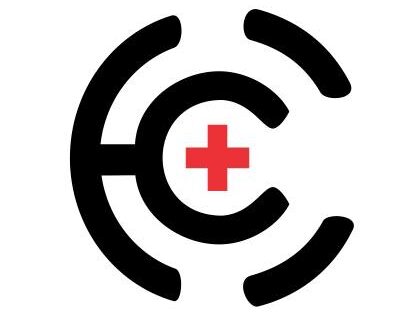Department of Nephrology
Our Nephrology Department is led by skilled nephrologists who specialize in diagnosing and treating conditions related to the kidneys, including:
Our nephrologists provide comprehensive care for kidney-related conditions, utilizing advanced diagnostic tools and treatments to manage and improve kidney function and overall health.
What is Nephrology?
Nephrology is a medical specialty that focuses on the diagnosis, treatment, and management of diseases and conditions affecting the kidneys. Nephrologists are experts in kidney function and are trained to treat a wide range of kidney-related health issues, including chronic kidney disease and hypertension.
Secure your health with a second opinion. Make informed decisions and book your appointment today!
What conditions do nephrologists treat?
Here are some of the main health problems that nephrologists usually treat:
What treatments do nephrologists provide?
Here are some of the common treatments provided by nephrologists:
What organs do nephrologists specialize in?
Nephrologists are trained to diagnose and treat conditions affecting the following organs and systems:
What diagnostic tests are conducted in Nephrology?
Nephrologists use a variety of diagnostic tests to assess kidney function and diagnose kidney-related conditions. Some common diagnostic tests include:
Ready to take control of your health journey? Book your appointment now and start your path towards wellness today!
Make an appointment just in few minutes – Call Us Now
8598986666
Frequently Asked Questions
1. How can I find the best nephrologist near me?
To find the best nephrologist near you, visit City Hospitals’ website and explore our list of experienced nephrologists who specialize in treating kidney-related conditions.
2. What conditions are treated in nephrology?
Nephrology covers a wide range of kidney-related conditions, including chronic kidney disease, kidney stones, and hypertension.
3. What makes a nephrologist’s specialty unique?
Nephrologists have specialized training in kidney function and disease, allowing them to provide expert care for complex kidney conditions and manage chronic kidney disease effectively.
4. Where can I find a comprehensive list of nephrology services?
Visit our Hospital website for a detailed list of nephrology services offered by our expert nephrologists. From dialysis to kidney transplant management, we provide comprehensive care for all kidney-related conditions.
5. What diagnostic tests are commonly used in nephrology?
Nephrologists use a variety of diagnostic tests to evaluate kidney function, including blood tests, urinalysis, and kidney ultrasounds.
Telangana
Telangana
Telangana
Telangana

